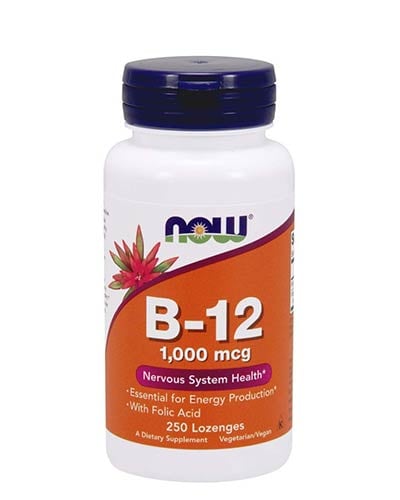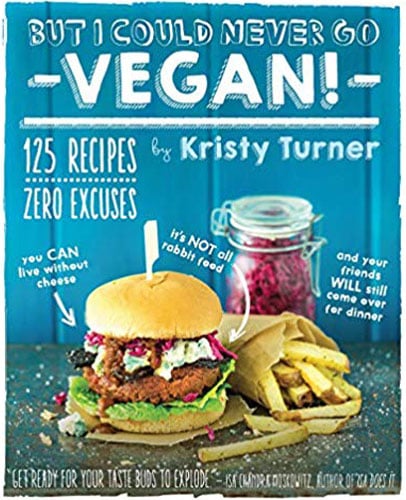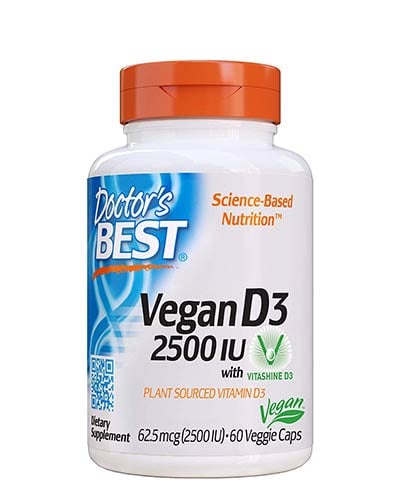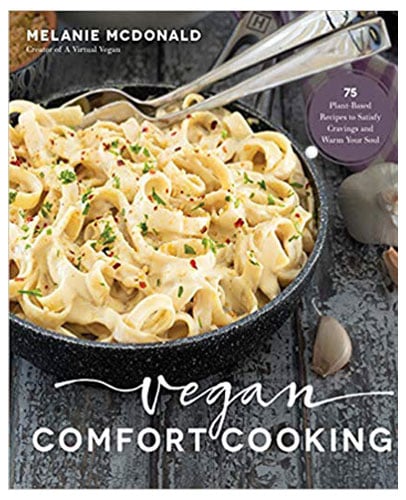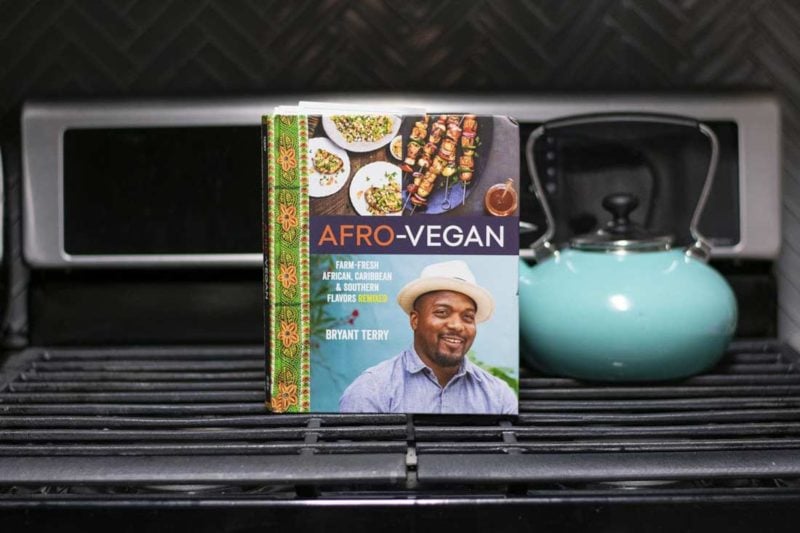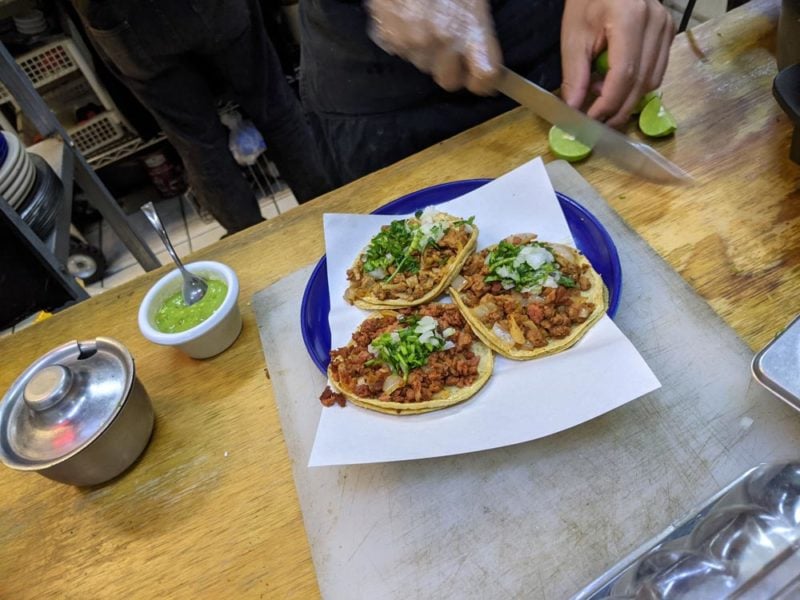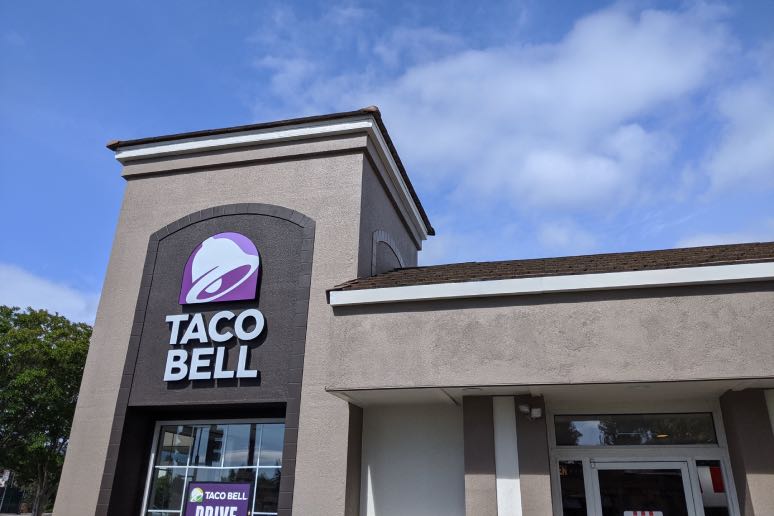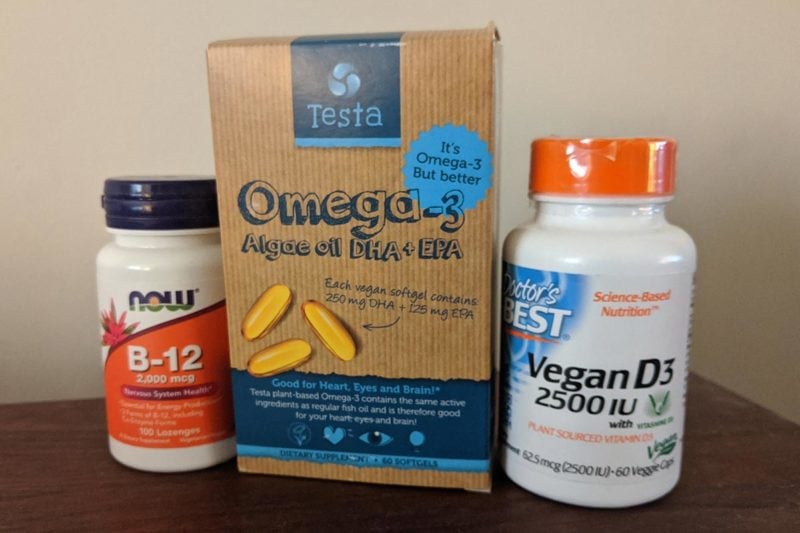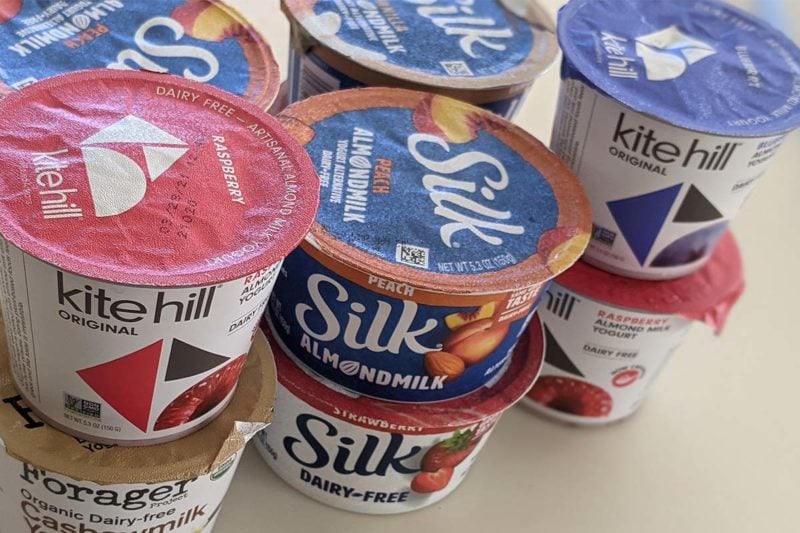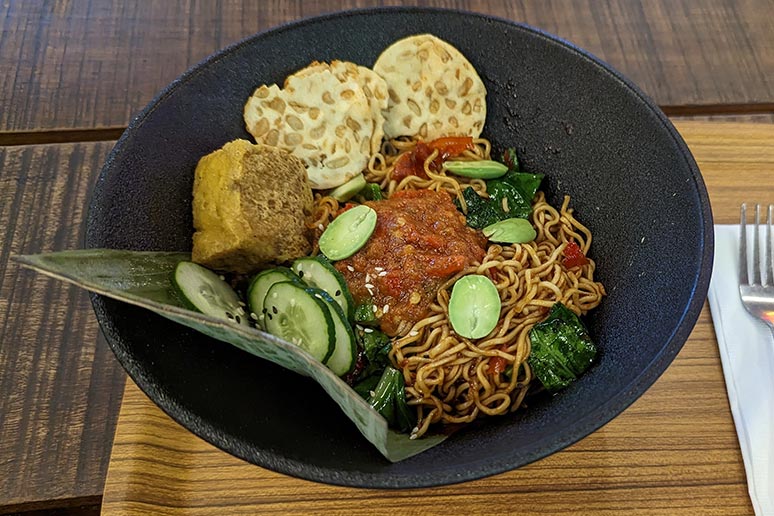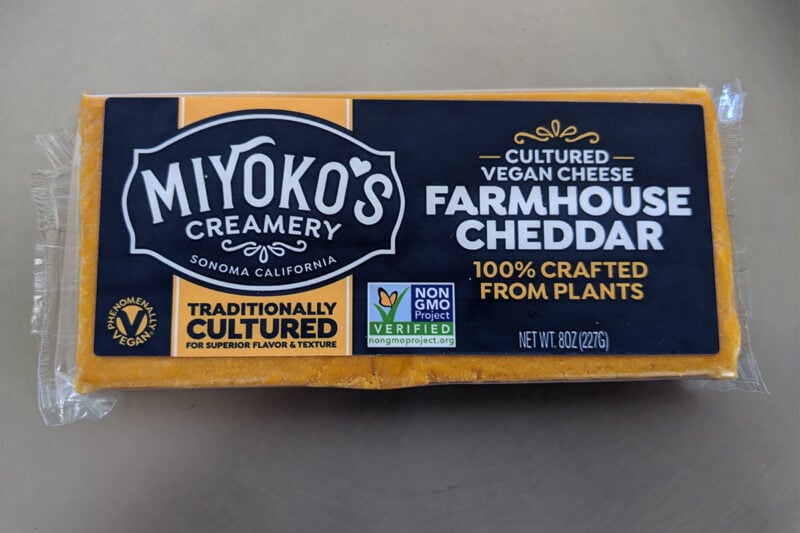Chapter 1
Health and the Environment
The practice of avoiding meat dates back thousands of years, but it was not until the mid-1800s that the word vegetarian was coined. Shortly thereafter, people began bickering over who could reasonably call themselves vegetarian. Everyone agreed that vegetarians don’t eat the flesh of animals, but beyond this point opinion diverged. One faction advanced the reasonable position that only foods of plant origin—grains, beans, vegetables, fruits, nuts, and so forth—should be called vegetarian. The other side took a less literal approach, and asserted that dairy products and eggs ought to be considered vegetarian as well. When the dairy and egg abstainers objected that this wonderful new word was being wrongfully diluted, they were told to pound sand.
So vegetarianism remained a muddy concept until a hundred years later, when a young Brit named Donald Watson came onto the scene. Realizing that the word vegetarian had become irrevocably associated with milk and eggs, Watson decided to coin a new word. He dropped half the letters from the word vegetarian, thereby creating the word vegan. And this time around, Watson was not going to let those egg and dairy eaters spoil things. He defined vegan to mean a diet that excludes all animal products—meat, fish, dairy products, eggs, and even honey. To promote this new concept, Watson co-founded The Vegan Society in 1944.
The word vegan took decades to catch on, no doubt because it’s a singularly dreadful word that manages to annoy and to confuse, especially where pronunciation is concerned. Most people unfamiliar with the word make the reasonable assumption that vegan rhymes with Megan. Others, a minority, decide its G should be soft, and pronounce the word Veh-Jun. Both pronunciations are sensible, but alas, wrong—in coining his word, Donald Watson selected the most counterintuitive pronunciation possible: Vee-Gen, with the accent on the first syllable.
If the entire marketing staff at Oscar Mayer had been handed the task of coming up with a geeky and confusing name that would inhibit the spread of plant-based diets, it’s hard to imagine them surpassing Watson’s effort. Nevertheless, this loathsome and ugly word slowly but surely took hold, and now it’s probably too late to get rid of it. But enough about the word vegan—it may be a terrible word, but it’s a wonderful concept. Let’s now look at why people find this style of eating so worthwhile.
Many people become vegan out of concern for their health or the environment. Let’s look at these two subjects in turn.
Health
Speaking broadly, the more animal products a person consumes, the greater the risk of heart disease, diabetes, and certain kinds of cancer. Yet some people can plainly tolerate plenty of meat, milk, and eggs without ultimately paying a price. For others, though, even a comparatively small amount of animal products leads to severe health problems. Based on your family history, you can make an informed guess about where you fall on this spectrum. But in the absence of expensive medical testing, assessing the amount of animal products you can safely eat is still very much a guessing game.
Perhaps the biggest threat posed by animal products is that these foods are a slippery slope where your health is concerned. Nearly all healthy people can likely tolerate a couple roasted pieces of chicken a week without suffering adverse health consequences. The trouble is that it’s easy to go from eating a little chicken to making things like ice cream, pepperoni pizza, and burgers a regular part of your diet. Sadly, no alarm bells start ringing when a person passes his or her individual risk threshold. Instead, the damage silently accumulates, year by year, in terms of gradually clogging arteries and significantly increased cancer and diabetes risk.
The beauty of a vegan diet is that it slams the door shut on all animal products, so you never have to wonder if your personal risk threshold has been exceeded. What’s more, a well-planned vegan diet eliminates excessive amounts of fat and calories—so it’s no surprise that vegans tend to be leaner than the general population, and suffer dramatically lower rates of obesity. And, on top of all this, a vegan diet tends to include far more fruits and vegetables than a typical omnivorous diet. There is a strong correlation between fruit and vegetable consumption and reduced cancer risk.
I don’t mean to suggest that the only way to eat healthfully is to become vegan. It’s certainly possible to construct an extremely healthful omnivorous diet. But veganism confers unique advantages in terms of keeping some potentially harmful foods out of your diet. If you often find yourself eating too many foods you know aren’t healthful, a vegan diet can be just what the doctor ordered. As we’ll see in Chapter 5, it’s easy to construct a vegan diet that is vastly healthier than the omnivorous diet most Americans eat.
Environment
It’s common to hear vegan advocates proclaim that you can’t be an environmentalist if you eat meat. Nonsense. Yet this claim does contain a kernel of truth. At issue is the undeniable efficiency of growing food directly for people, instead of cycling it wastefully through farmed animals. The inefficiencies of animal production are two-fold. First, a large portion of animal feed ends up, not as meat or eggs or milk, but as manure. And second, when an animal is killed, well over 30 percent of the carcass weight is inedible—you’re stuck with a great deal of blood, bones, skin, and so forth.
The concept of eating lower on the food chain therefore makes enormous environmental sense, and there’s no doubt that a vegan diet demands fewer resources to feed an equal number of people. Nowhere is the wastefulness of animal production so extreme as where factory farmed pigs and feedlot cattle are concerned. Here, you’re feeding the animals at least five pounds of grain for every pound of meat you get back.
Given that farmed animal production is inherently wasteful, why not make the argument that non-vegetarians are leading the planet to ruin? There are two reasons to treat this topic gingerly. First, it’s all in the quantity—it’s silly to assert that a person is unleashing massive environmental carnage if he is only eating one cheeseburger every few months. Secondly, animal products vary widely in terms of their impact on the environment. For instance, chickens eat like, well, birds. That is, chickens are vastly more efficient than are pigs or cattle when it comes to converting grain to flesh. And what’s more, a high percentage of a chicken’s body weight is lean meat, so there’s less waste during slaughter and processing.
What’s the take-home message? We can conclude with certainty that anyone eating pork or beef on a daily basis is gobbling up a vastly disproportionate share of the planet’s resources, and that a switch to a vegan diet would dramatically reduce that person’s environmental footprint.
Livestock interests sometimes respond to environmental arguments against their industries by asserting, truthfully enough, that cattle and goats are capable of grazing lands that are too arid, remote, or infertile to be worth farming. Free meat! What could be bad? The trouble with proclaiming the virtues of grazing is that overgrazing quickly becomes a problem, and the effects are devastating. Livestock grazing delivers a raft of negative environmental consequences, displacing wildlife and degrading land. The effects of grazing and overgrazing are an enormously complex subject, and are exhaustively addressed in Lynn Jacobs’ tome, Waste of the West. To summarize in a single sentence the environmental harm wrought by grazing, in the year 2000 a White House report asserted that: “Improvident grazing…has been the most potent desertification force, in terms of total acreage (351,562 square miles) within the United States.”
Just as ranching devastates enormous swaths of the earth, so too does fishing inflict almost immeasurable harm onto the world’s oceans. At issue is the fact that the oceans produce surprisingly little fish, when measured against the worldwide appetite of six billion people. In consequence, the vast majority of the world’s fisheries are currently in steep decline, with many on the brink of collapse.
The examples of overfishing are heartbreaking. The waters off the coast of Newfoundland were once the greatest cod fishery in the world. But thanks to overfishing, the cod were wiped out. Ever since, that ecosystem seems to have suffered irreversible damage. After more than ten years without commercial fishing in those waters, the cod still have not returned.
While it’s true that some fish stocks and varieties are not yet threatened, I think that when the overwhelming and unsustainable exploitation of the world’s oceans is taken into account, the sensible response is to choose not to contribute to the problem, and to refrain from eating all seafood.
Vegans must show restraint when talking about environmental issues, and be sure not to push the arguments against animal production further than they deserve to be taken. But where beef and fish are concerned, it’s clear that these foods are genuine environmental menaces, deserving almost bottomless scorn.
There’s one last issue related to food choices and the environment that merits attention. Meat’s connection to global warming has become strong and indisputable. But once again, there are nuances that enter into the picture that necessitate some care when discussing this topic.
The United Nations asserts, probably accurately, that livestock accounts for about 18 percent of all global warming. But it’s not right to tar all animal products with the same brush. The principal greenhouse gas produced by farmed animals is methane, and the overwhelming majority of this methane comes from cattle, and, to a lesser extent pigs. Why aren’t chickens equally culpable in producing greenhouse gases? We’ve already seen that chickens are much more efficient than mammals in converting grain to flesh. And better efficiency means that chickens generate comparatively little methane.
It’s also worth noting that even though beef and dairy cattle are big contributors to global warming, there are technological fixes on the way. Increasingly, large cattle operations are being outfitted with equipment that extracts methane from manure piles; the gas is then harmlessly burned off and the energy sold to electric utilities. Additionally, there is promising research underway that may one day alter the bacteria in farmed animal intestines so that little or no methane is produced.
Just as we saw in regard to health issues, environmental considerations offer strong but not irrefutable reasons to go vegan. It’s certainly possible to be a healthy and environmentally conscious non-vegetarian—if you’re willing to do the mental gymnastics that accompany indulging selectively in animal products.
At this point, I know I must be sounding like a wet blanket. Where health and the environment are concerned, the benefits of veganism deserve strong consideration, but an honest presentation of the issues does not offer an overwhelming argument that everyone should abstain from all traces of animal products. There is, however, one argument for being vegan that hits a grand slam home run: the issue of animal cruelty and suffering. We’ll look closely at this subject in the following chapter.
Next Chapter: The Ethics of Animal Agribusiness
Return to: Table of Contents
Get the updated second edition of this book on Kindle for just 99 cents, or in paperback for $8.95.
This page and The Ultimate Vegan Guide is Copyright 2010 by Erik Marcus, all rights reserved. My writing is my sole means of support, so please don’t abuse the generosity I’ve shown in making the full text of this book freely available from Vegan.com. Posting the text of this book to other websites, and copying or distributing it through other means, is strictly prohibited.

